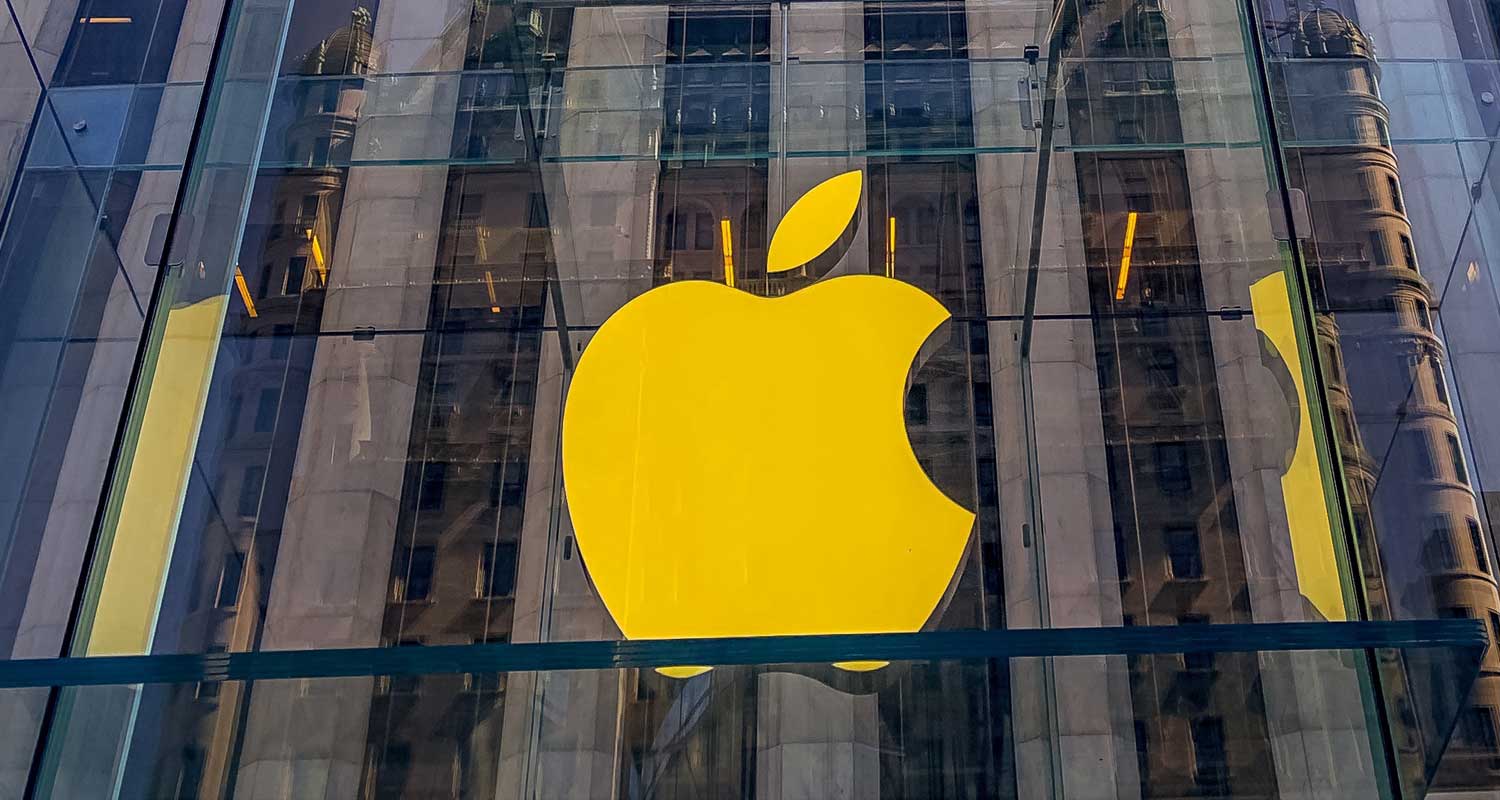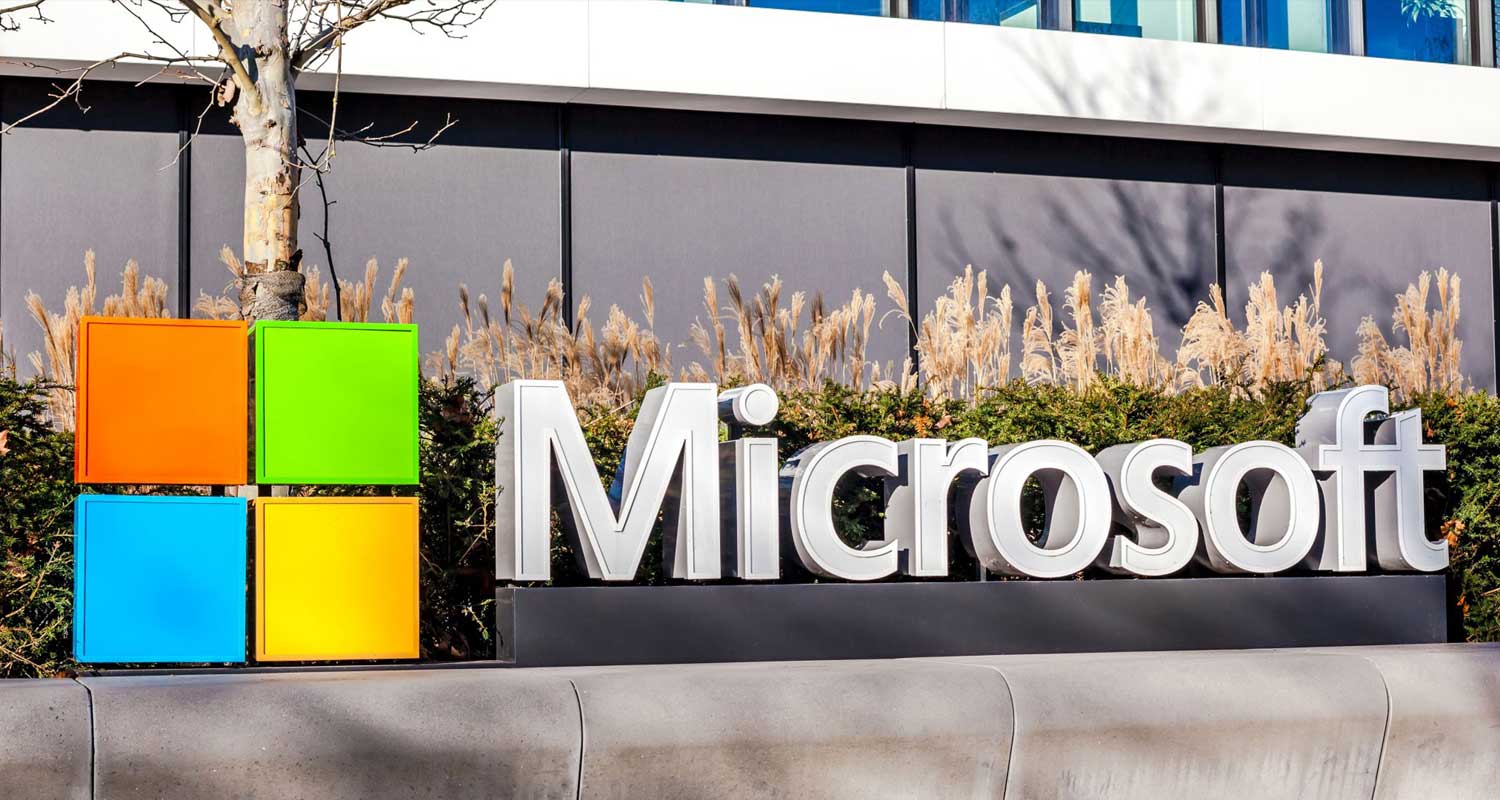 Apple and Microsoft, already dominant in technology-stock indexes, are about to become even more so.
Apple and Microsoft, already dominant in technology-stock indexes, are about to become even more so.
An overhaul of sector benchmarks compiled by S&P Global and MSCI, which takes effect after the market closes Friday, will remove 11 big US stocks from technology-focused indexes. Payment companies — including Visa, Mastercard and PayPal — will be moved into indexes tracking financial companies, while payroll processors like Paychex and Automatic Data Processing will be classified as industrials.
The departures will shrink tech’s weight in the S&P 500, while also making the remaining companies in the industry index more influential. Apple and Microsoft together already account for 46% of the S&P 500 Information Technology Index, and that share will go up when Visa and Mastercard are removed: the credit card companies are the fourth and fifth biggest components, respectively, of the tech benchmark, accounting for 6.8%.
The increased weighting of Apple and Microsoft means investors who are benchmarked against the tech index will have an incentive to own even more of those two stocks to keep up with the index, but that also would heighten the effect if the shares start underperforming the market.
“You have to think about how you manage risk given the concentration, since it is very challenging for tech to outperform if Apple and Microsoft aren’t holding in,” said Leigh Todd, lead portfolio manager of growth equities at Voya Investment Management. “You want to ensure every company you own can contribute to your returns, and you don’t want to take outsize risk by having extreme concentrations in a small number of names.”
The changes could have a meaningful impact on sector-focused funds. According to data from Morningstar Direct, there was about US$163-billion in passively managed technology fund assets as of the end of February, along with another $81.9-billion in actively managed tech fund assets.
Bigger impact
The shift in index makeup will have a bigger impact on the stocks that are leaving the tech benchmark, Bank of America said. As passive investors rebalance their holdings to mirror the new weightings, tech funds will need to sell 1.4 times the amount of the payment stocks than financials funds can absorb, acting as a headwind, the firm said. Tech stocks migrating to the industrials index also will see selling pressure, the firm said.
Even with the rebalance, tech will remain by far the largest of the 11 industries in the S&P 500. It accounts for 29% of the S&P 500, its highest in more than a year, and up from a January low of 25.3%. It is twice as influential as healthcare, the second largest, which is 14% of the benchmark.
This influence can be a double-edged sword. Apple and Microsoft massively outperformed over the past five years, helping to pull up the overall market. Both are seen as safe havens, with strong balance sheets and the kind of durable revenue streams that can withstand slower economic growth or a recession; the pair outperformed amid the recent fallout from the collapse of Silicon Valley Bank.
Apple is up 20% this year, while Microsoft is up 17%, compared to gains of 2.9% for the S&P 500 and 15% for the Nasdaq 100 Index. On Friday, Apple dipped 0.2% while Microsoft rose 1%. The Nasdaq 100 was up 0.3%.
 The removal of Visa and Mastercard — not typically thought of as tech companies — from the sector index highlights some of the quirks of the S&P 500’s construction. While a number of notable companies are frequently grouped under the banner of “big tech”, they aren’t classified in the sector. S&P regards Amazon.com as a consumer discretionary stock, while Alphabet and Meta Platforms are both in the Communication Services Index, following a 2018 reclassification that removed them from tech.
The removal of Visa and Mastercard — not typically thought of as tech companies — from the sector index highlights some of the quirks of the S&P 500’s construction. While a number of notable companies are frequently grouped under the banner of “big tech”, they aren’t classified in the sector. S&P regards Amazon.com as a consumer discretionary stock, while Alphabet and Meta Platforms are both in the Communication Services Index, following a 2018 reclassification that removed them from tech.
Still, Apple and Microsoft stand alone in their influence. The two are the largest stocks in the overall market, representing 13.1% of the S&P 500. Over the past 10 years, the pair’s average combined weight was 8%. This means the rest of tech, regardless of individual corporate fundamentals, are likely to suffer if this strength reverses.
“If you have an environment where two companies that are a huge part of an index are performing differently than the rest, that’s a terribly difficult environment to operate in,” said Denny Fish, who manages tech sector funds at Janus Henderson. However, he stressed that the growing influence of tech wasn’t inherently a risk.
“The reason tech’s weight has grown is that all else being equal, it continues to drive a higher percentage of profits in the economy,” he said. “Given how tech has taken up bigger and bigger parts of the market for 30 years, it seems riskier to not be in it.” — (c) 2023 Bloomberg LP

